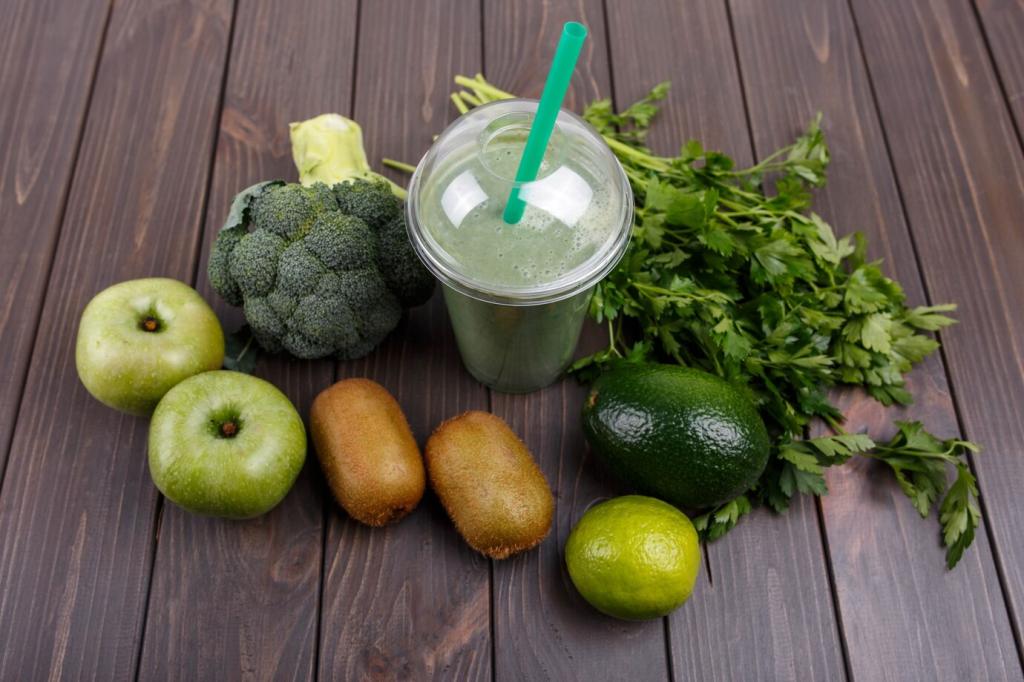Hydration Strategy: From Guesswork to Game Plan
Weigh yourself before and after a workout to estimate fluid loss: roughly 1 kilogram equals about 1 liter, adjusting for fluid consumed and bathroom breaks. Do this across different temperatures and intensities. You’ll build a practical per-hour target that’s yours—not a generic rule of thumb.
Hydration Strategy: From Guesswork to Game Plan
If you finish crusted in salt or feel dizzy late in sessions, trial 300–800 mg sodium per hour, adjusting for heat and sweat rate. Pair sodium with fluids rather than dry swallowing. A marathoner in our community cut late-race fade by testing saltier bottles on warm long runs.



